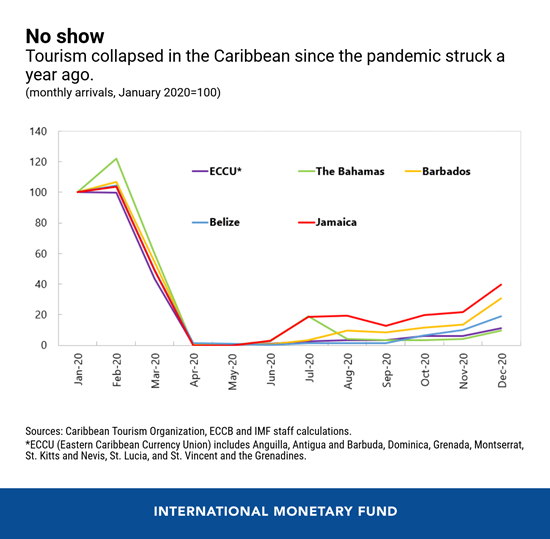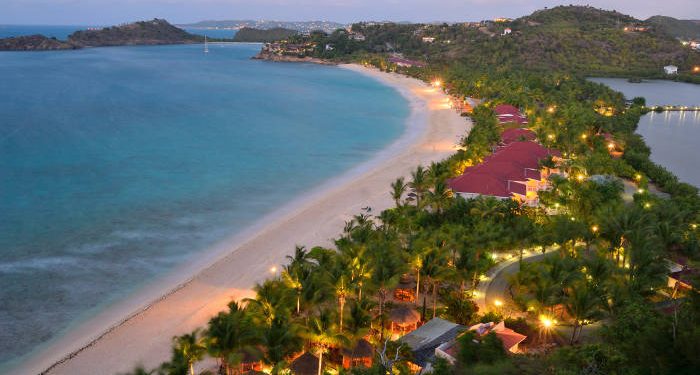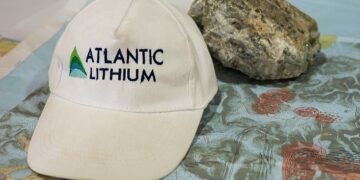Many Caribbean countries risk becoming COVID-19 economic long-haulers. Much the same as some patients could suffer from lingering illnesses long after the corona virus infection has passed, the pandemic’s economic fallout might be felt in the region long after the health emergency is controlled.
The reason is that most of its countries rely heavily on tourism. Due to their small size and limited room for maneuver, Caribbean economies were among the most affected by the pandemic.
With annual hotel stays plummeting by 70 percent and cruise ship travel completely halted, tourism-dependent countries contracted by 9.8 percent in 2020. Commodity exporters in the region (Trinidad & Tobago, Suriname, and Guyana) were less affected and saw a mild contraction of 0.2 percent.
saw a mild contraction of 0.2 percent.

Second wave
Most Caribbean countries managed to contain the virus’ spread initially, and reopened to international travelers in the second half of 2020. But renewed waves of infections and travel restrictions in the countries where most visitors normally come from (US, UK, and Canada) have put a much hoped-for tourism rebound in check.

This could lead to significant long-term scarring: loss of jobs hitting mostly youth, women, and less educated workers; increases in poverty and inequality; potential closings and bankruptcies of hotels, resorts and associated tourism services (restaurants, shops and tour operators); fewer flights to and within the region as airlines struggle to recover; and loss of global ‘market share’ if cruise operators permanently reroute ships to other destinations.
Financing gap
The international community has delivered substantial financial support to help the Caribbean fund unprecedented public spending needs. This support helped alleviate near-term pressures, but many countries still face a gap due to growing fiscal deficits and tightening borrowing conditions as the crisis persists.
Assuming no new external financing and realistic tourism scenarios, we estimate the region’s financing gap at around $4 billion, or 4.8 percent of 2020 regional GDP. The ever-present risk of natural disasters could make it even wider.
Policy priorities
Avoiding the long-term effects and seizing the global recovery will require a nimble combination of short- and medium-term policies.
Protecting lives and livelihoods remains the priority. Spending on treatment, testing, contact tracing, and vaccine access is imperative to limit the economic scarring. Many Caribbean nations have joined the COVAX initiative and have made bilateral agreements to obtain additional vaccines, although coverage is still low. Given the logistical challenges and the lack of economies of scale at the national level, strong regional collaboration is key to ensure efficient vaccine distribution.
Economic support should be sustained until the recovery is entrenched, including measures to safeguard financial stability. To create space for such support and to rebuild buffers, governments should accelerate progress on strengthening fiscal policy frameworks. The extension of the G20’s Debt Service Suspension Initiative until June 2021 provides some relief for countries with large borrowing needs and debt sustainability concerns.
Securing additional IMF financial support early on could help smooth adjustment by bridging near-term financing gaps; catalyze additional international resources; provide a macroeconomic stability anchor; and support deeper reforms that deliver sustainable and inclusive growth.
Once the recovery takes hold, countries should tackle their debt problems. Restoring debt sustainability will require well-calibrated and appropriately balanced revenue and expenditure measures to reduce the primary deficits while minimizing the contractionary impact on growth, as well as greater efforts to mobilize concessional financing to help build resilience against future shocks. These efforts should be complemented with structural reforms to strengthen competitiveness and raise long-run growth.
At the regional level, the Caribbean Community has launched a Caribbean Economic Recovery and Transformation Plan to develop a financing strategy to support post-pandemic investment needs. The IMF is partnering with the broader international community to find innovative solutions to help small developing states to confront these enormous challenges.
Caribbean countries will need to adapt to the post-pandemic international tourism market. A shift to eco-sustainable tourism with lower density, higher value-added, and greater integration with local suppliers may allow countries to reduce the potential health risks currently associated with mass travel.
The region could also harness its “blue economy” potential (sustainable use of ocean resources) by increasing investment in shipping, fisheries, and aquaculture. Countries should continue to pursue technological innovation, such as digitalization and fintech, to improve efficiency, reduce cross-border transfers costs, and facilitate international trade.
It is also important not to forget that advancing regional integration—an important and long-standing goal to face common challenges–would help Caribbean economies build greater scale and stronger resilience against future shocks.








